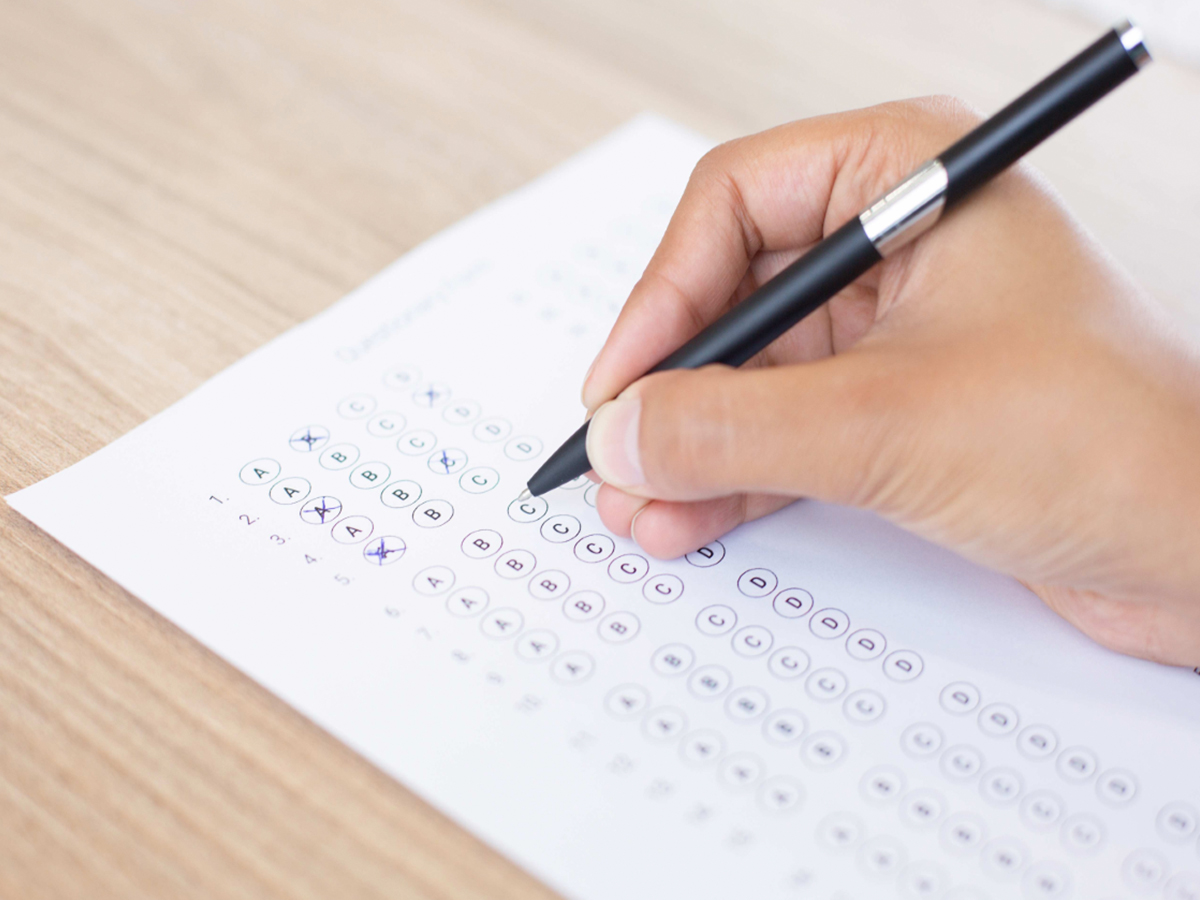Alright, so you’re a college student looking to step up your study game. You’ve probably tried a few strategies here and there, but let’s be real—academic success requires more than just cramming the night before an exam. If you want to improve your study habits and consistently perform well, it’s time to get serious about your approach. Let’s break down how to build effective study habits that will help you crush it in college.
Why Study Habits Matter
First off, let’s get one thing straight: good study habits aren’t just about getting straight A’s. They’re about helping you understand and retain information, manage your time efficiently, and reduce stress. Whether you’re aiming for a top GPA or just trying to pass your courses without feeling overwhelmed, how you study can make all the difference.
The bottom line? Developing solid study habits will not only improve your academic performance but also give you the skills you need to tackle future challenges, both in and out of school.
Set Clear Academic Goals
Before diving into any studying, you need to set clear goals for yourself. Without specific goals, it’s easy to feel lost or aimless. Start by asking yourself:
- What grades am I aiming for in each course?
- What areas do I struggle with the most?
- How can I measure my progress over time?
Once you’ve identified your goals, break them down into smaller, manageable steps. For example, if your goal is to ace your biology final, plan out what chapters you need to review each week. This way, you’re not trying to learn everything at once.
Create a Consistent Study Schedule
Let’s be real—winging it and hoping you’ll find time to study is a surefire way to fall behind. You need a consistent study schedule to stay on top of your workload. Start by mapping out your week. Identify when you’re free between classes, work, and other commitments, and block off time specifically for studying.
Here’s how you can build a killer study schedule:
- Daily Review: Spend 30 minutes each day reviewing your notes. This keeps the material fresh in your mind and helps prevent cramming.
- Dedicated Study Blocks: Set aside longer periods for more intense study sessions, like reading chapters, completing assignments, or preparing for exams.
- Break It Up: Avoid marathon study sessions that last for hours on end. Instead, try studying in 45-50 minute increments with short breaks in between. This method, known as the Pomodoro Technique, keeps your brain fresh and focused.
Consistency is key. Make your study schedule a part of your daily routine, and stick to it as much as possible.
Eliminate Distractions
Distractions are the enemy of focus. If you want to improve your study habits, you’ve got to be serious about eliminating them. That means:
- Turning off your phone (or at least putting it on silent mode)
- Closing unnecessary tabs or apps on your laptop
- Finding a quiet study spot where you won’t be interrupted
If you’re easily tempted by your phone, try using apps like Forest or Focus Will to help keep you on task. And if you can’t avoid studying in a busy or noisy environment, consider investing in noise-canceling headphones or playing white noise to block out distractions.
Take Effective Notes
Good study habits start in the classroom. Taking effective notes during lectures and while reading can save you hours of study time later. Instead of passively writing down everything the professor says, focus on the key concepts, main ideas, and any points that seem particularly important.
Here are a few note-taking techniques to consider:
- Cornell Method: Divide your paper into three sections—notes, cues, and a summary. This method encourages active engagement with the material.
- Mind Mapping: If you’re a visual learner, creating a mind map can help you see how concepts are connected.
- Outline Method: Organize your notes in an outline format, with main topics and subtopics indented beneath them. This method is especially useful for subjects with a lot of information to memorize.
Review your notes regularly to reinforce what you’ve learned. You’ll thank yourself when exam time rolls around.
Use Active Study Techniques
When it comes to studying, not all techniques are created equal. Passive studying—like re-reading your notes or highlighting the textbook—might feel productive, but it’s not the most effective way to retain information. Instead, focus on active study techniques that force you to engage with the material.
Here are a few to try:
- Self-Testing: Quizzing yourself on the material is one of the most effective ways to study. Use flashcards, practice tests, or even quiz yourself verbally.
- Teaching: One of the best ways to solidify your understanding is to teach the material to someone else. If you can explain a concept clearly, you’ve mastered it.
- Summarizing: After reading a chapter or attending a lecture, try summarizing the main points in your own words. This forces you to process the information and identify what’s most important.
Active studying helps you retain information longer and ensures you truly understand the material.
Stay Organized
You can’t improve your study habits if your materials are all over the place. Staying organized is crucial to staying on top of your coursework. Here’s how you can stay organized:
- Keep a Planner: Whether it’s a physical planner or a digital one, keeping track of assignment deadlines, exam dates, and study sessions will help you manage your time effectively.
- Organize Your Notes: Keep your class notes and materials organized by subject, either in separate notebooks or digital folders. This way, you won’t waste time searching for notes when you need them.
- Use a To-Do List: Break down your tasks into daily or weekly to-do lists. Crossing off completed tasks will give you a sense of accomplishment and help you stay motivated.
Staying organized not only reduces stress but also ensures you don’t miss important deadlines or assignments.
Break Large Tasks into Smaller Steps
If you’re feeling overwhelmed by a huge project or assignment, break it down into smaller, more manageable steps. For example, instead of thinking, “I need to write a 10-page paper,” break it down into tasks like:
- Research and gather sources
- Write the introduction
- Draft the body paragraphs
- Edit and revise
Tackling one small task at a time makes large assignments feel less daunting and more achievable.
Get Enough Sleep
Let’s be real—pulling all-nighters might seem like the only option when you’re crunched for time, but sleep is essential for academic success. Your brain needs rest to process and retain information, so make sure you’re getting enough shut-eye, especially before an exam or big project.
Aim for 7-9 hours of sleep per night, and avoid late-night study sessions whenever possible. Trust me, you’ll perform better when you’re well-rested.
Utilize Campus Resources
Don’t be afraid to seek help if you’re struggling with a particular subject or need extra guidance. Most colleges offer a variety of resources to support your academic success, including:
- Tutoring Centers: Many schools offer free tutoring services for a wide range of subjects. Take advantage of this resource if you need extra help understanding course material.
- Study Groups: Joining or forming a study group can provide motivation and different perspectives on the material.
- Office Hours: Your professors and teaching assistants have office hours for a reason—use them! Don’t hesitate to ask questions or seek clarification on concepts you’re struggling with.
Reward Yourself for Progress
Improving your study habits isn’t easy, so be sure to reward yourself when you make progress. Whether it’s treating yourself to your favorite snack or taking a break to watch an episode of your favorite show, celebrating small victories can keep you motivated.
Conclusion
Improving your study habits takes time and dedication, but the payoff is worth it. By setting clear goals, staying organized, and using active study techniques, you’ll not only perform better academically but also reduce stress and improve your overall college experience. Don’t forget to prioritize sleep, eliminate distractions, and take advantage of the resources available to you. With consistent effort and the right strategies, you can build study habits that set you up for long-term success both in and out of the classroom. Keep grinding—you’ve got this!





